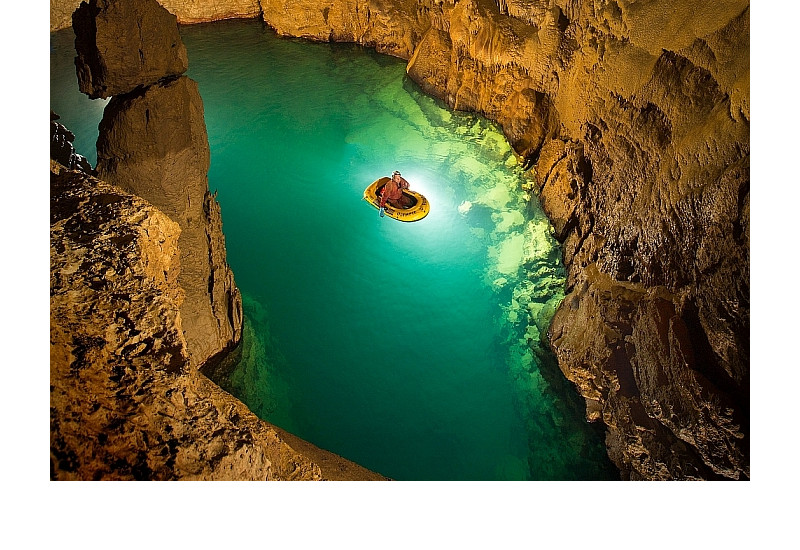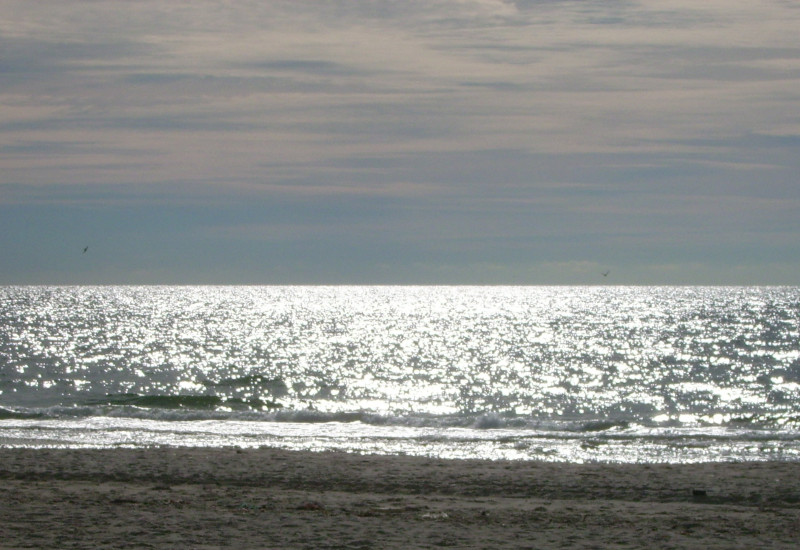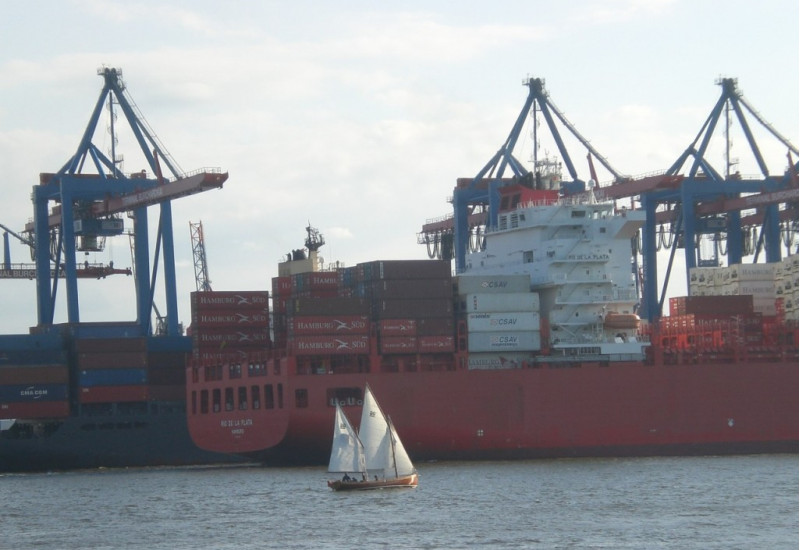The motto for World Water Day 2022 is "Groundwater: Making the Invisible Visible". This is why "groundwater" was chosen as the water body type of the year this year. The largest available freshwater resources on earth lie invisibly underground. For many people in the world, groundwater is the only available source of drinking water. read more
Your search for "energy transition" resulted in 11 hits:
Water Resource Management
Water is a vital and limited resource. There are legal provisions on its sustainable management, designed to protect waterbodiesas an element of the ecosystemas a basic necessity for human lifeas a habitat for animals and plants as a usable commodity.The tasks of water resource management are manifold and diverse, and the regulatory framework is equally extensive. read more
Evaluation Criteria and Guidelines
Pursuant to the 2nd amendment of the German Drinking Water Ordinance (TrinkwV), since December 2012 the German Environment Agency (Umweltbundesamt – UBA ) has been tasked with stipulating mandatory evaluation criteria for materials and substances that come into contact with drinking water. Previously, UBA has issued guidelines and recommendations which were less legally binding. Since the amen... read more
Nutrients in watercourses
Nitrogen and phosphorus are nutrients for aquatic plants (algae, macrophytes). Their high concentration causes excessive growth especially of algae (Eutrophication). Rivers transport nitrogen and phosphorus into lakes and North sea and Baltic sea and influence its nutrient concentration. read more
Seas under pressure – Ocean acidification due to CO₂
Oceans and seas absorb significant amounts of carbon dioxide (CO₂) from the atmosphere. With increased uptake of CO₂, the pH level of seawater decreases, making it more acidic. This chemical change affects the development of marine organisms. Indirectly, humans will also be affected, for example through the effects on commercially important species in fisheries and aquaculture. read more
Maritime shipping
More and larger ships are sailing the world's oceans. Due to their high tonnages, ocean-going vessels can be a comparably environment-friendly means of transport. There is still considerable potential to design and construct them in such a way that they pollute the environment less. Proposals need to be developed and implemented at all levels of maritime policy.. read more
National Water Strategy
On 15th March, 2023, the National Water Strategy for Germany was adopted by the Federal Cabinet. This strategy and the associated “programme of water measures” lay the foundation for a sustainable management of our water resources and the protection of our water bodies.Water management and water protection are facing diverse challenges due to climate change, globalisation, diffuse substance in... read more




